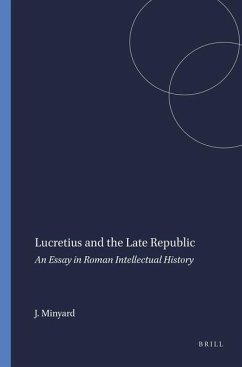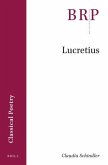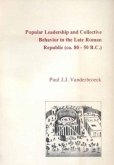The crisis Rome experienced in the last decades of the Republic was intellectual as well as political, social and military. This crisis was marked by conflicts over values and a growing dichotomy between words and things, as a result of which the key words of the Roman tradition lost their anchor in the inherited, commonly-held percepetion of reality known as the mos maiorum. The crisis was therefore also one of the Latin language itself. The monograph explores this thesis in discussions of the background and character of Roman intellectual history, the nature of the mos maiorum, the relationship of the Late Republic to the Mediterranean world, the roles of Julius Caesar, Catullus, Cicero, and Lucretius in the crisis, and its Augustan and later consequences. The major portion of the discussion is devoted to Lucretius, because the De Rerum Natura is the clearest example of the extent and nature of the crisis, from which it took its origin and gained its form and purpose. A principal goal of the essay is to relate Lucretius to the structure of Roman literary and intellectual history. It finds the explanation for his work in the nature of that history and the characteristic Roman modes and categories of thought rather than in the general history fo Greek philosophy. It also offers a new explanation of the relationshiop of the authors of the Late Republic to each other. In so doing, it indicates the foundation for a new history of Roman literature and a new conception of the reality and importance of the intellectual history of Rome.
Bitte wählen Sie Ihr Anliegen aus.
Rechnungen
Retourenschein anfordern
Bestellstatus
Storno



